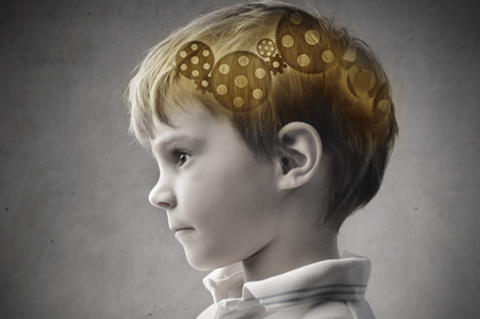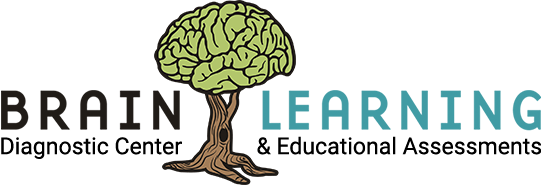Project Description
Seizure Disorders
Seizure Disorders:
School may be difficult for your child if she has learning problems along with her epilepsy. For example, if learning problems emerge because of seizures or medications, tasks that were previously routine may become more difficult and your child may see her classmates moving ahead at a faster pace, one that she cannot maintain. The social and emotional consequences of children with seizure disorders have been studied well. A good assessment should account for this secondary consequence of the disorder. Additionally, about 10% of seizures in children are absence seizures. The seizures of childhood absence epilepsy are usually staring spells during which the child is not aware or responsive. These occurrences can significantly affect a child’s learning.
How to sight it:
- Academic problems
- Language problems
- Attention and concentration problems
- Processing speed problems
- Memory
What we can do to help:
If you know or suspect your child might be experiencing seizures, working closely with the medical professionals and bridging that knowledge into the classroom is vital. So often we see that the educators don’t have the knowledge of how to teach children with Seizure Disorder. A school based neuropsychological assessment will bring in all relevant aspects of your child’s functioning and use that information to create an appropriate educational program.






